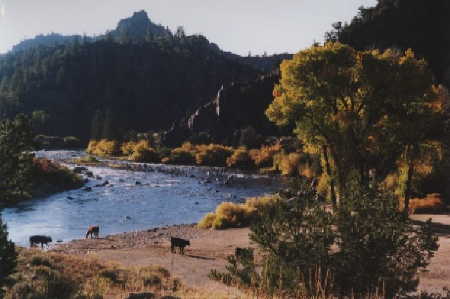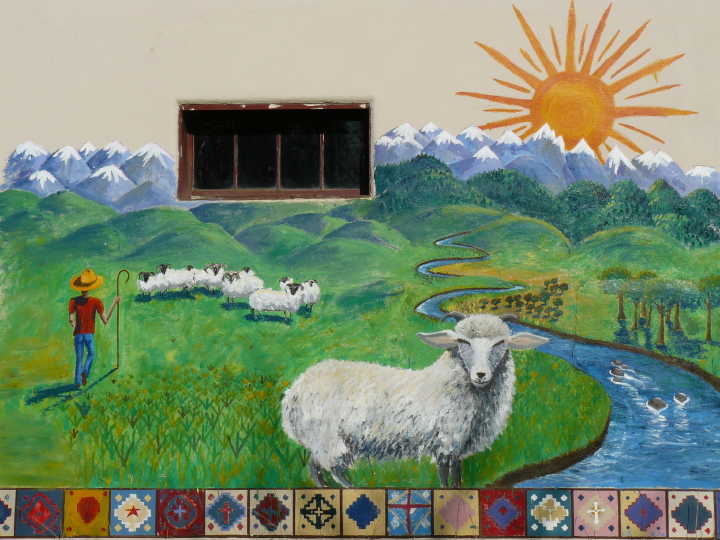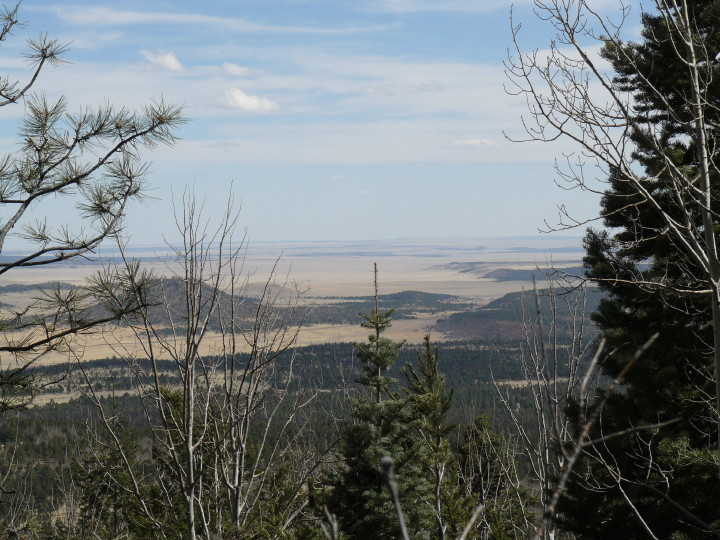Tuesday, December 27, 2011
The Strange Silencing of Liberal America
EXCERPT:
Russian dissident poet Yevgeny Yevtushenko once wrote, “When truth is replaced by silence, the silence is a lie.”
7 July 2011
How does political censorship work in liberal societies? When my film, 'Year Zero: the Silent Death of Cambodia', was banned in the United States in 1980, the broadcaster PBS cut all contact. Negotiations were ended abruptly; phone calls were not returned. Something had happened. But what? 'Year Zero' had already alerted much of the world to the horrors of Pol Pot, but it also investigated the critical role of the Nixon administration in the tyrant’s rise to power and the devastation of Cambodia.
Six months later, a PBS official told me, “This wasn’t censorship. We’re into difficult political days in Washington. Your film would have given us problems with the Reagan administration. Sorry.”
In Britain, the long war in Northern Ireland spawned a similar, deniable censorship. The journalist Liz Curtis compiled a list of more than 50 television films in Britain that were never shown or indefinitely delayed. The word “ban” was rarely used, and those responsible would invariably insist they believed in free speech....continued....
Russian dissident poet Yevgeny Yevtushenko once wrote, “When truth is replaced by silence, the silence is a lie.”
7 July 2011
How does political censorship work in liberal societies? When my film, 'Year Zero: the Silent Death of Cambodia', was banned in the United States in 1980, the broadcaster PBS cut all contact. Negotiations were ended abruptly; phone calls were not returned. Something had happened. But what? 'Year Zero' had already alerted much of the world to the horrors of Pol Pot, but it also investigated the critical role of the Nixon administration in the tyrant’s rise to power and the devastation of Cambodia.
Six months later, a PBS official told me, “This wasn’t censorship. We’re into difficult political days in Washington. Your film would have given us problems with the Reagan administration. Sorry.”
In Britain, the long war in Northern Ireland spawned a similar, deniable censorship. The journalist Liz Curtis compiled a list of more than 50 television films in Britain that were never shown or indefinitely delayed. The word “ban” was rarely used, and those responsible would invariably insist they believed in free speech....continued....










